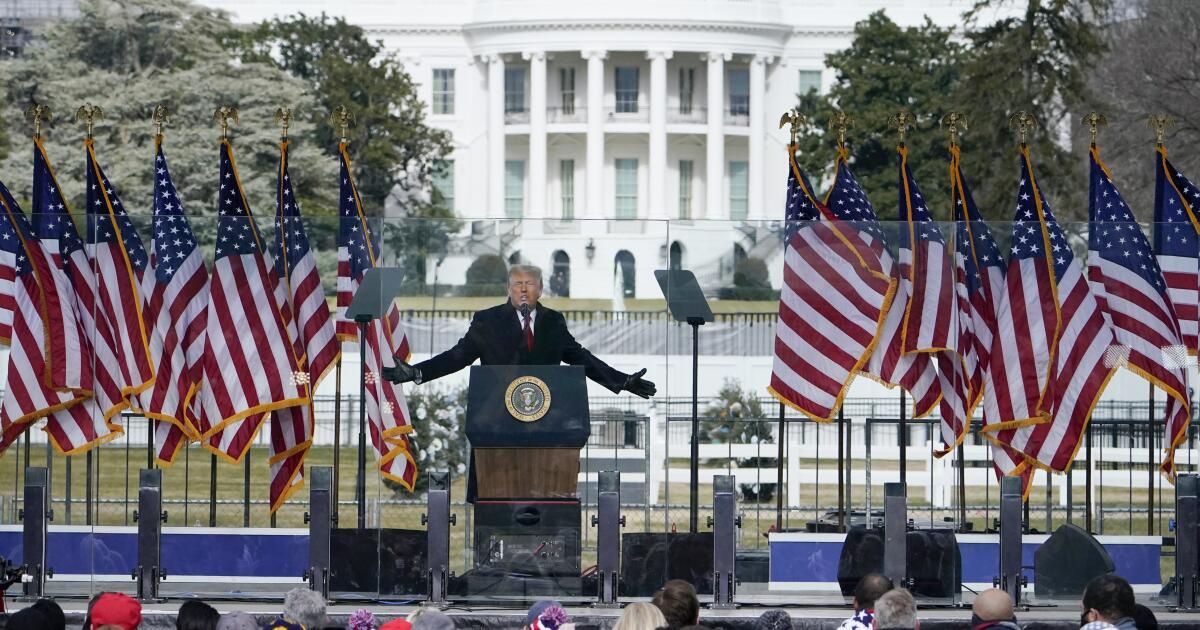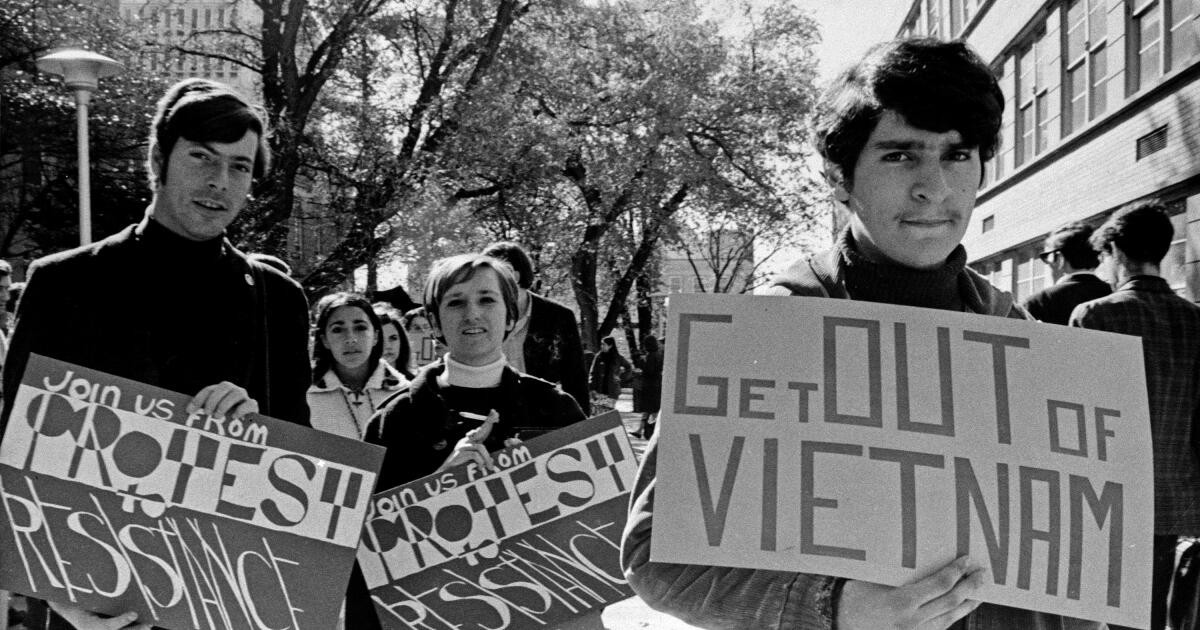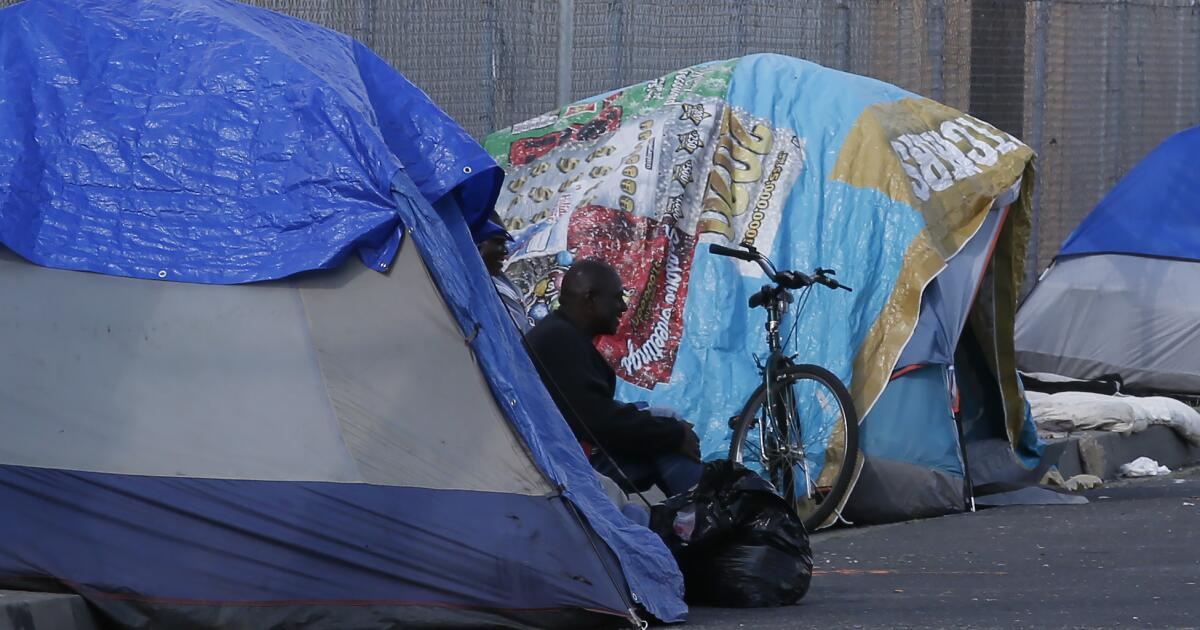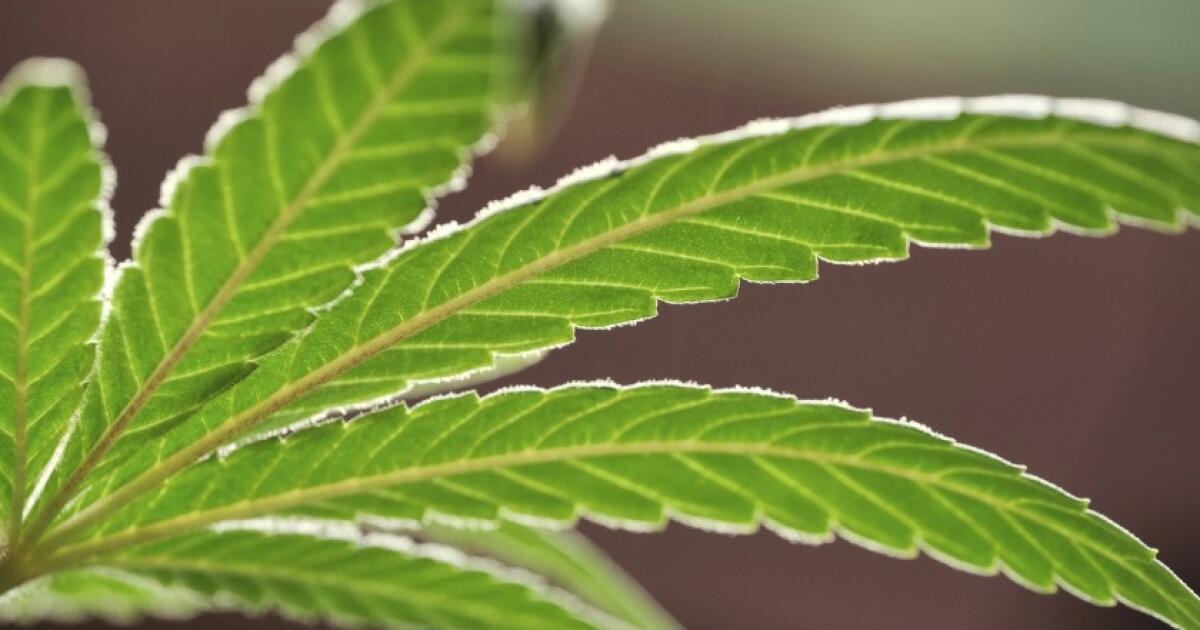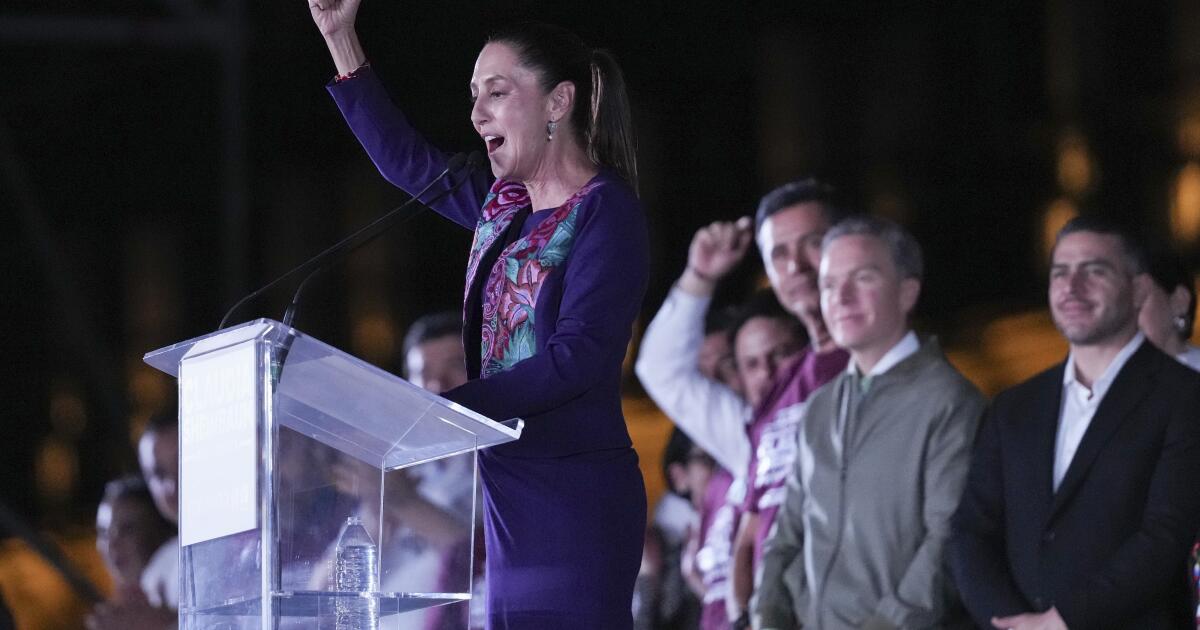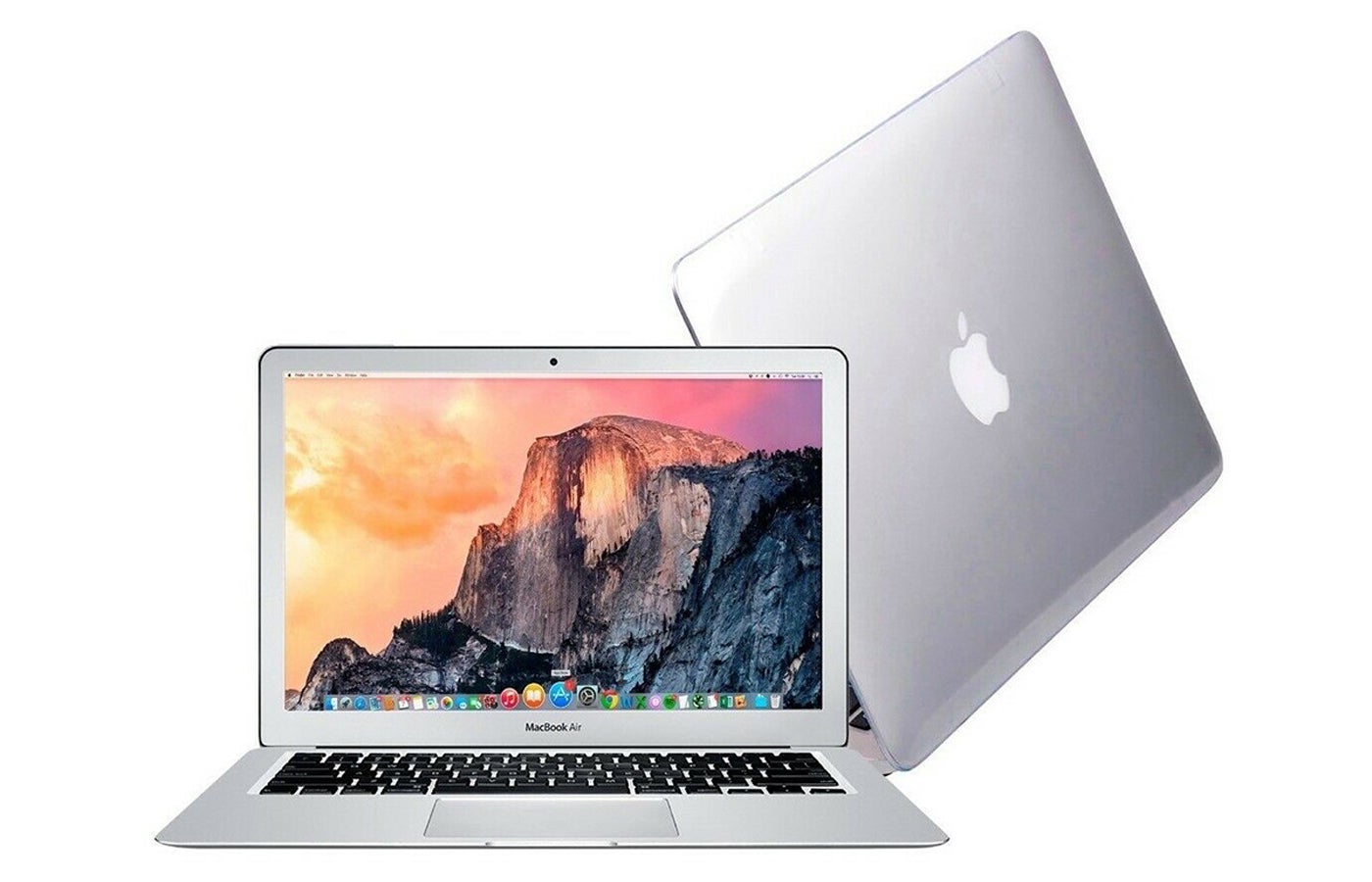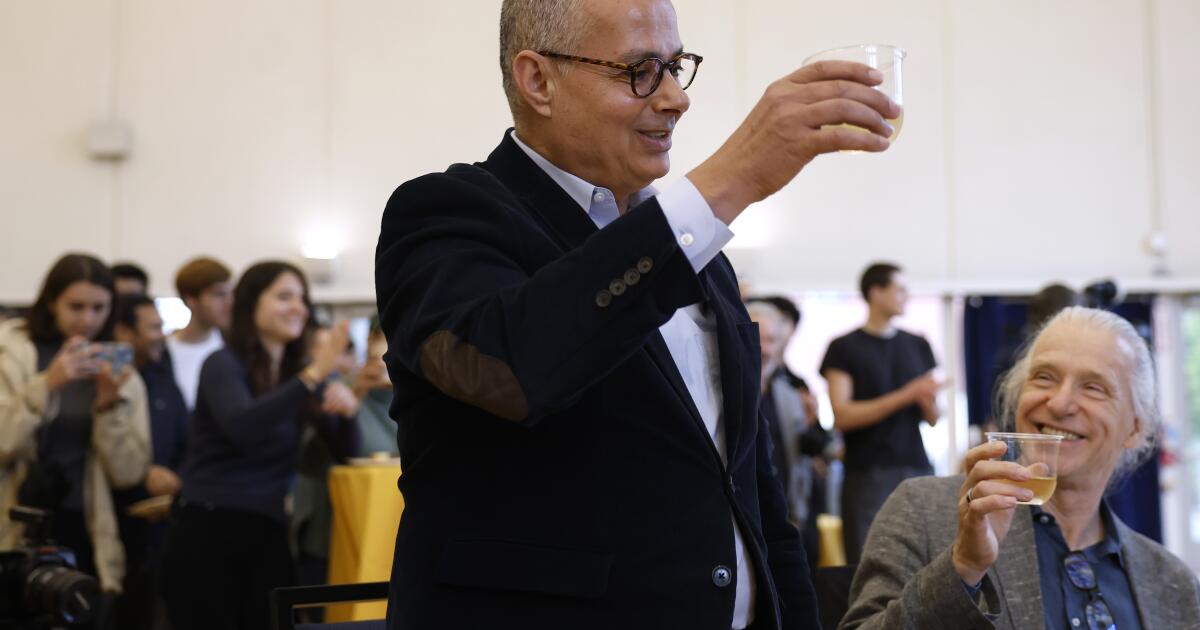On Tuesday, a federal appeals court in Washington will hear arguments on a question of vital concern to the rule of law: whether former President Trump is immune from prosecution for alleged crimes related to his elaborate efforts to overturn the 2020 presidential election.
The U.S. Court of Appeals for the District of Columbia Circuit should reject Trump’s claim, not only to ensure he faces a jury, but also to deter future presidents from acting criminally, and not just when they try to hold on to the position after losing an election.
The Supreme Court denied a request by special prosecutor Jack Smith to rule on the case before the appeals court intervenes. If the appeals court rules in time, the high court could still review the immunity issue in time for Trump to be sworn into office. trial before the Republican National Convention in July. (On Friday, the justices said they would take up another controversy involving Trump and agreed to review a Colorado Supreme Court decision that held that he had been barred from the election in that state because he participated in an insurrection.)
In defending Trump’s immunity, his lawyers suggest that the actions alleged in Trump’s indictment by a federal grand jury – including efforts to round up fake electors and pressure Vice President Mike Pence to reject electoral votes for Joe Biden ) fall within the “outer perimeter.” ”of the official responsibility of the president.
The “outer perimeter” language appeared in Nixon v. Fitzgerald, a 1982 Supreme Court decision that held that former President Nixon could not be sued by a former Air Force analyst who claimed he was fired because of congressional testimony about cost overruns. The court said that a former president is entitled to “absolute immunity from liability for damages based on his official acts.” Trump’s lawyers suggest that the Fitzgerald case, which involved a civil suit, means Trump is also immune from criminal prosecution.
That argument is not convincing. First, the actions for which Trump has been accused fall outside even a vague definition of decisions within the “outer perimeter” of the president’s official responsibility. Trump’s lawyers are at pains to characterize the actions for which Trump was charged as “official acts” that “reflect the efforts and duties of President Trump, directly as chief executive of the United States, to advocate and defend the integrity of federal elections.” , according to his opinion, was contaminated by fraud and irregularity.” That characterization is ridiculous; Trump was acting out of his own political self-interest, not as a selfless defender of election integrity.
Secondly, there is a distinction between civil lawsuits and criminal proceedings. In a concurring opinion in the Fitzgerald case, Chief Justice Warren Burger noted that the court was not recognizing “broad immunity for a president from all acts.” He emphasized that “immunity is limited to claims for civil damages.” In a brief filed with the appeals court, Smith’s office made another important point: The Supreme Court’s concern in the Fitzgerald case about former presidents being subjected to “highly intrusive” lawsuits from “countless people” was not addressed. applies in the criminal context.
Finally, Trump’s lawyers point to an “unbroken tradition” of not prosecuting current or former presidents. To which Smith’s office has a concise response: Other former presidents have not been prosecuted, not because of a tradition of criminal immunity, but because most presidents have committed nothing criminal.
The special counsel also notes that “President Ford’s pardon of former President Nixon who covered up acts during his presidency was based on the assumption that there was no post-presidency immunity from criminal prosecution.”
Trump’s lawyers also make the equally unconvincing claim that Trump cannot be prosecuted because he was charged and acquitted of inciting an insurrection at the US Capitol on January 6, 2021. That argument depends on a far-fetched interpretation of the language The Constitution says that an official who has been convicted by the Senate in an impeachment trial can be prosecuted, which does not mean that a president who was acquitted cannot also be criminally charged.
None of Trump’s arguments have legal validity. But if such expansive concepts of presidential immunity prevailed, they would protect, as Smith’s office noted, “a president who accepts a bribe in exchange for awarding a lucrative government contract to the payer; a president ordering the FBI director to plant incriminating evidence on a political enemy; a president who orders the National Guard to assassinate his most prominent critics; or a president who sells nuclear secrets to a foreign adversary.”
Like his efforts to overturn the 2020 election, Trump’s attempt to have the courts grant him immunity from criminal liability represents a threat to democracy. The appeals court should quickly reject such dangerous theories and the Supreme Court should do the same.

